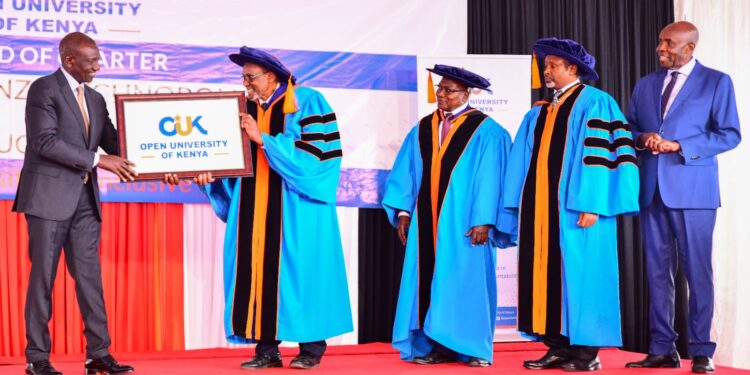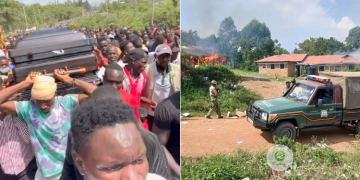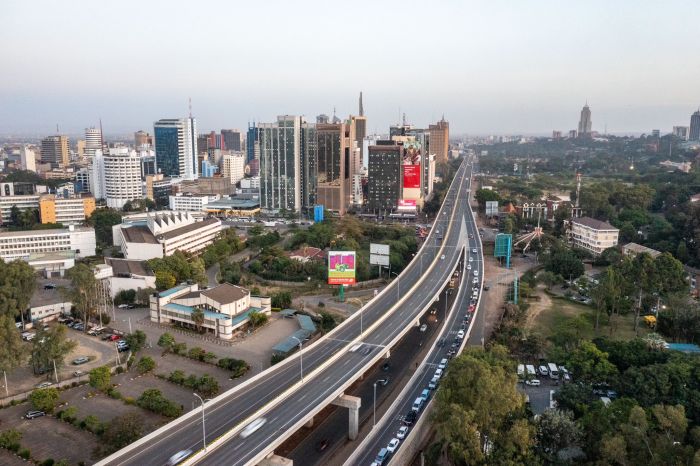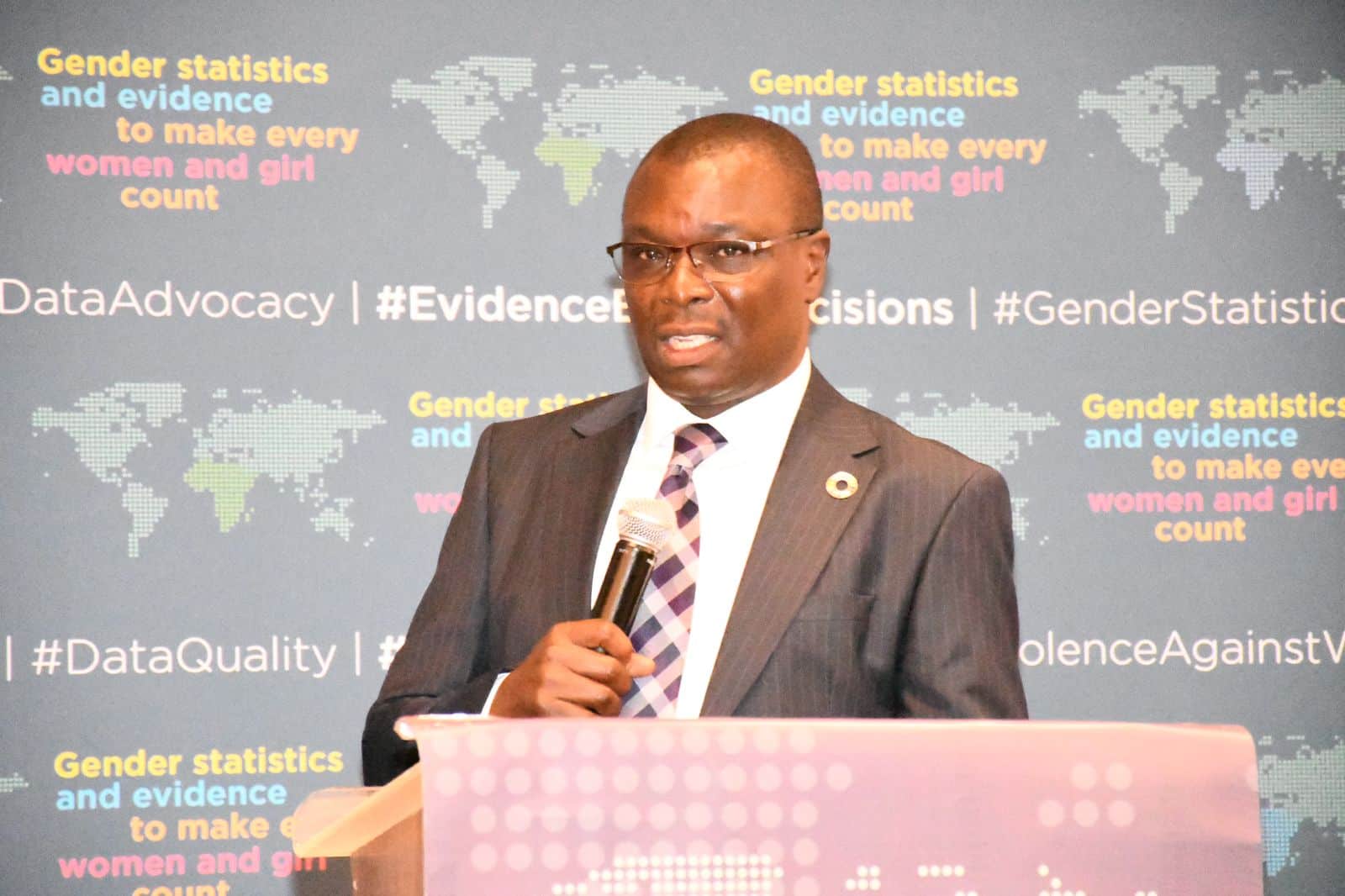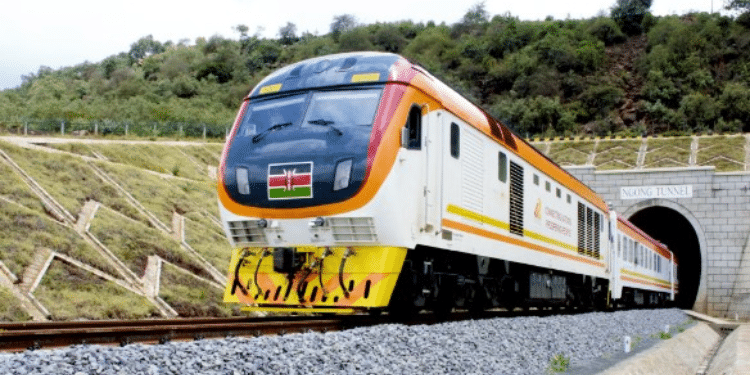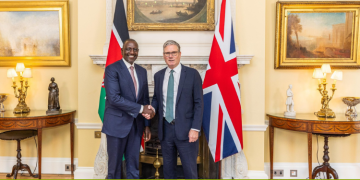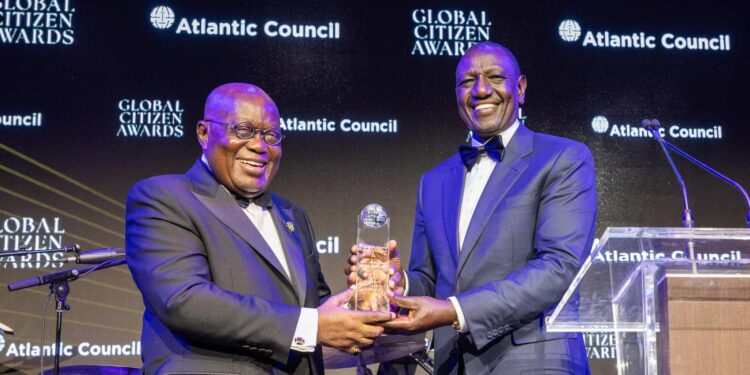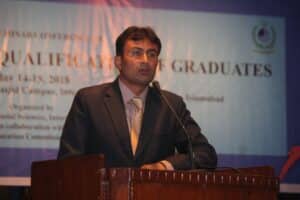Political will is needed to achieve the targeted outcomes of higher education in Africa. Higher education reforms in global context ought to be the priority of political and governing bodies.
The high rate of migration of talented youth from Africa is a situation of concern that should be immediately addressed through creation of employment opportunities for the youth.
Allocation of sufficient funds and recruitment of foreign qualified faculty in higher education institutions is equally important.
Diversified higher education in global context is needed for the African countries. Underfunded institutions of higher learning in Africa have no more expectations for practical contributions in sustainable development.
In Africa, the major cause of existing gaps in policies and practices of higher education institutions is lack of funding.

Changing the Narrative
For example, in Kenya, lack of quality learning and curriculum standardization are the emerging problems of higher education. Governments must also address issues like gender inequality, regional disparities and insecurity, which continue to haunt the education sector.
Also Read: Political Instability in Africa and Role of Education in Fixing the Situation
Kenya spends about 1.2 percent of her Gross Domestic Product (GDP) on higher education that is slightly more than other African countries.
Similarly, university leadership needs to me more sensitize to improve the quality of education in the context of global standards.
UNICEF reports that in Ghana, low participation rate, limited funding for academic programs, and limited availability of books in libraries are the major issues affecting the country’s higher education.
On the other hand, in Somalia, higher number of unqualified and untrained teachers and poor education infrastructure are the major challenges that need to be addressed urgently.
Situation in Africa
Limited capacity of governance and leadership in Somalian higher education institutions should be addressed.
In Nigeria, higher education institutions are facing shortage of academic staff, poor administration and insecurity.
Elsewhere in Sierra Leone, gender disparity, social and economic challenges and lack clarity in vision of higher education and lack of political will are the dominant barriers for the higher education reforms.
However, in Malawi, widespread of poverty and inadequate funding for higher education hamper access to higher education.
More challenges
Malawi has one of the world’s lowest levels of public spending on primary education per primary school child.
Similarly, in South Africa, insecurity and pedagogical skills of higher education teachers needs to strengthen.
For Egypt, poor quality of teaching is one of the emerging problems in higher education institutions as Cameroon confronts limited access to higher education because of poverty.
Social inequalities and regional disparities are the major problems in Senegal.
Higher education institutions in Zambia are facing lack of qualified teachers as Universities in Rwanda grapple with lack of adequate funding.
Also Read: The Role of Higher Learning Institutions in Africa’s Development
At the same time, in Gambia, ineffective policy implementation is the major challenge in higher education sector whereas in Namibia lack of infrastructure is a challenge.
Congo on the other hand faces insecurity and limited access to higher education.
Therefore, in Africa, higher education requires political will with focus on initiatives for the provision of adequate funds, enhancing teaching quality and improving infrastructure.
The Way Forward:
In Africa, insecurity and poverty remain major challenges. Youth should be engaged for positive political contributions for the successful governance.
Political, social and tribal conflicts need to be addressed jointly at the platform of higher education institutions in the form of teaching conflict resolution skills, peace and human rights.
The United Nations is playing a vital role for peacekeeping and up gradation of educational institutions in Africa.
Generally, political will and priorities of the African states need to focus on the existing challenges in higher education sector for a brilliant future of youth and sustainable development.
Follow our WhatsApp Channel for real-time news updates:
https://whatsapp.com/channel/0029VaB3k54HltYFiQ1f2i2C
